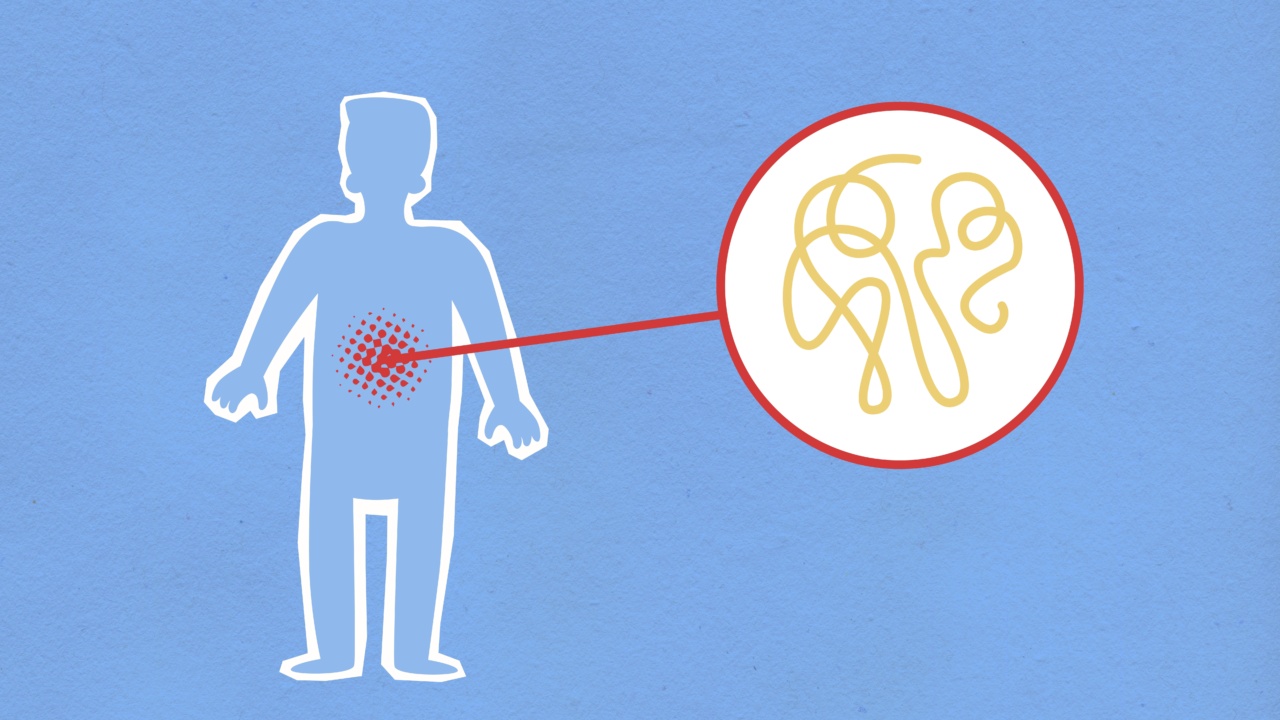Chronic inflammation is a common health issue that can be quite serious if not taken seriously.
It is important to recognize the symptoms and signs of chronic inflammation in your body, as this can help you take proactive steps to manage your inflammation and prevent further damage to your body. Here are some important ways to recognize chronic inflammation in your body:.
1. Persistent Pain
Persistent pain is one of the main symptoms of chronic inflammation. Pain in different parts of your body that lasts for weeks or months can be a sign of inflammation.
It is important to get checked by a doctor as soon as possible if you are experiencing persistent pain. Ignoring the pain can lead to further damage to your body, making it more difficult to manage your inflammation later on.
2. Swelling and Redness
Swelling and redness are two other common symptoms of chronic inflammation. Swelling can occur in different parts of your body such as the joints, muscles, or even your digestive system.
For example, if you have a chronic inflammatory bowel disease (IBD), you may experience swelling in your stomach, which can lead to pain and discomfort. Similarly, redness in your eyes, mouth, or other parts of your skin can also be a sign of chronic inflammation.
3. Frequent Fatigue
Frequent fatigue that seems to manifest for no particular reason can also be a sign of chronic inflammation. If you are always feeling tired and have difficulty getting enough sleep, it is best to have yourself checked up by a doctor.
They can help you determine if your fatigue is due to chronic inflammation, an underlying health condition, or other factors. Fatigue that lasts for more than a week or two is not normal and should always be investigated by a medical professional.
4. Digestive Issues
If you have chronic inflammation, you may also suffer from digestive issues like nausea, constipation, diarrhea, or bloating. These symptoms can be caused by chronic inflammation in your digestive system.
An inflamed gut can lead to reduced nutrient absorption, which can cause further health issues in other areas of your body. If you are experiencing digestive issues that cannot be attributed to other causes, it is best to have them checked out by a doctor.
5. Skin Rashes
Chronic inflammation can also manifest itself as skin rashes or other skin-related problems. These rashes can be itchy, painful, and can be located in different areas of your body.
Some people may also develop hives, which are raised itchy bumps on the skin that are a common symptom of allergies or inflammation. If you notice any rashes or other skin-related issues, it is best to have yourself checked out by a dermatologist. They can help determine if the rash is due to chronic inflammation, skin-related allergies, or other factors.
6. Arthritis
Arthritis is one of the most common types of chronic inflammation. It is characterized by pain, swelling, stiffness, and reduced mobility in the joints. If you are experiencing arthritis, it is important to talk to your doctor about treatment options.
There are many different treatment options available for arthritis, including anti-inflammatory medications and physical therapy.
7. High blood pressure
Chronic inflammation can also cause high blood pressure. This happens because of the inflammation in your blood vessels, which can cause your blood vessels to constrict, leading to high blood pressure.
High blood pressure is a serious health issue that can lead to heart disease, kidney disease, and stroke. If you are experiencing high blood pressure, it is essential to talk to your doctor and make the necessary lifestyle changes like exercising regularly, eating a healthy diet, and avoiding smoking and drinking alcohol.
8. Weight gain or loss
Chronic inflammation can also cause changes in your body weight. Some people may experience weight gain, while others may experience weight loss.
Weight gain can occur due to the body holding onto excess fluid, while weight loss can occur due to reduced appetite or an increased metabolism. If you are experiencing unexplained changes in your body weight, it is best to have yourself checked by a medical professional.
9. Frequent Infections
Chronic inflammation can also weaken your immune system, which can lead to more frequent infections. If you are experiencing frequent infections such as colds, flu, and other illnesses, it is best to talk to your doctor and have yourself checked out.
Weak immune systems can make you more susceptible to other health issues, so it is important to take proactive steps to manage your inflammation and boost your immunity.
10. Cognitive Decline
Chronic inflammation can also lead to cognitive decline, which can cause trouble remembering things, reduced clarity of thought, and difficulty concentrating. This can be due to inflammation in the brain or other neurological components.
If you are experiencing cognitive decline, it is best to talk to your doctor and have yourself checked out. There are treatment options available for cognitive decline, and the earlier you detect it, the better the chances of recovery.
Conclusion
If you are experiencing any of the above-listed symptoms, it is essential to talk to your doctor immediately. Chronic inflammation can lead to serious health issues like heart disease, cancer, and other chronic diseases if left untreated.
There are different treatments available for chronic inflammation, including lifestyle changes, medications, and therapy. By being proactive and taking the necessary steps, you can manage your chronic inflammation and lead a healthy, happy life.



























